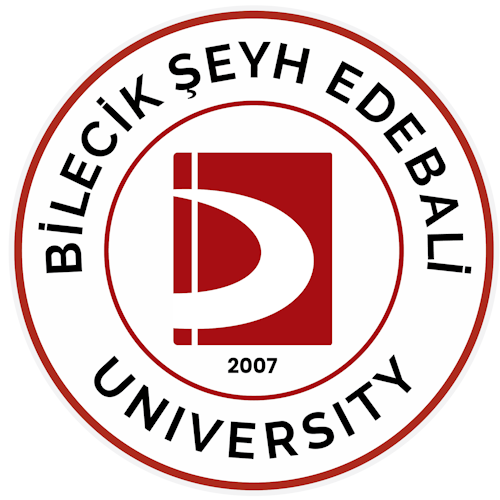ACADEMIC CAREER
Academic Career
30 June 2024 SundayAcademic Career
This page is prepared to assist those wishing to pursue postgraduate education (Master's, Doctorate). Some frequently asked questions about thesis-based master's and doctoral programs are answered.
1. What are a master's and a doctorate?
A master's degree starts after a 4-year undergraduate program and typically lasts two years. This includes one year of coursework and one year for the thesis (thesis: an original, scientific work where the student selects a topic with a supervisor and conducts research). The master's duration can be extended by a maximum of one year. Students who fail are dismissed by the institutes. The doctorate begins after completing a master's degree, typically lasting four years with two years of coursework and two years for the thesis. The doctorate duration can also be extended by a maximum of two years. Students who fail are dismissed by the institutes.
Recent legal changes allow direct entry into a doctorate program (integrated doctorate) after undergraduate studies, typically lasting five years. However, many universities do not offer this option. Students entering directly from undergraduate studies must also take master's level courses. Higher grades are required for registration in integrated doctorate programs.
2. What are the advantages of a master's and a doctorate?
To obtain academic titles (Dr., Assistant Professor, Associate Professor, Professor), one must hold a doctorate degree. Anyone wishing to become an academic at a university must complete postgraduate education. Additionally, state employees who complete a master's degree receive a one-step promotion (1 year), and those who complete a doctorate receive a two-step promotion.
3. What are the requirements for starting a master's program?
To start a master's program, in addition to graduating, the following conditions must be met:
a) ALES: All higher education institutions will use the results of this exam for student selection and placement in postgraduate programs. Candidates must score at least 55 in the field of their applied postgraduate program (70 for those applying for a doctorate or proficiency in art programs with a bachelor's degree). Institutions will announce the weight of the exam score, which must be at least 50%, in their selection criteria. Institutions may use these scores solely or as a preliminary selection or part of their own exams.
b) Foreign Language Exam: Exams like ÜDS and KPDS are widely recognized. KPDS is a general exam with 100 questions and 180 minutes. ÜDS has 80 questions and 180 minutes, covering science, social sciences, and health sciences, making it more advantageous. Some universities have set a threshold score, while others have no minimum score requirement.
c) Science Exam: This is considered the "main exam." A jury (usually three academics) from the relevant department conducts an oral exam, asking questions related to the applicant's field.
d) Graduation Grade: This is also considered in the evaluation.
The weighting of these factors varies by university, but ALES generally has a significant impact, sometimes up to 60%.
4. When are master's entrance exams held?
These exams are typically held in September and January. Each university publishes information on the departments with open exams, quotas, and requirements on their websites and in newspapers. You can also follow these announcements on websites like www.memurlar.net.
5. Must one take the master's exam in the same field as their undergraduate degree?
Not all universities have this requirement; however, succeeding in the exam can be more challenging, and additional scientific preparatory courses may be necessary. It's generally more advantageous to enter from the same field, but the decision is yours.
6. Can we apply for a master's immediately after graduation?
If you meet the requirements, you can apply immediately. However, not every department may offer a master's program, or it may not be available that year.
How to Become a Research Assistant?
To become a research assistant, universities must first open positions. Each university publishes information on the departments with open positions, quotas, and requirements on their websites and in newspapers. These announcements can be followed on websites like www.memurlar.net and www.yok.gov.tr. The general requirements for becoming a research assistant are as follows:
a) ALES: A minimum score of 70 is required.
b) Foreign Language Exam: A minimum score of 50 is required.
c) Science Exam: This varies by university and can be written or oral.
d) Graduation Grade: A minimum of 60 is required.
e) Age: Must not be older than 35.
Those who wish to apply for non-faculty teaching staff positions can learn about the requirements from the regulations on www.yok.gov.tr.
Are research assistants hired every year?
No, it depends on the need.
Does every master's or doctorate graduate become a research assistant?
No. For a research assistant to advance, they must pursue postgraduate education. However, not everyone who undertakes postgraduate studies will become a research assistant. As stated above, positions are opened, and only candidates who meet the requirements better than other applicants can become research assistants.
